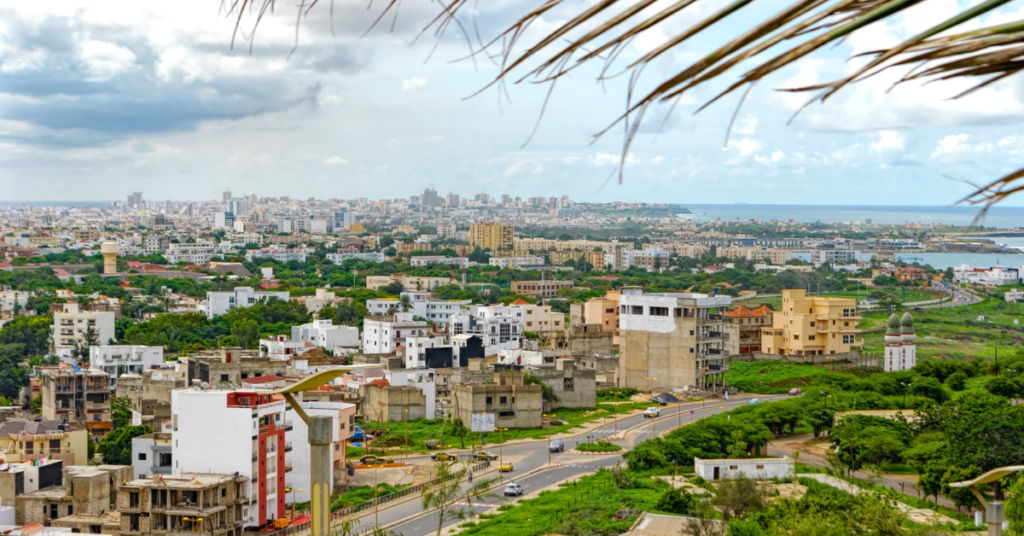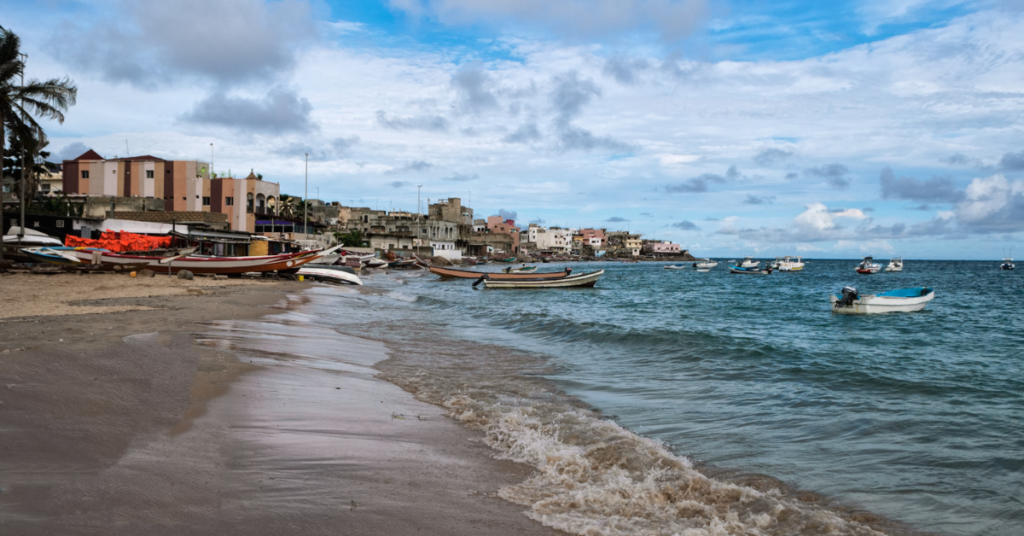Senegal is a beautiful and culturally rich country located in West Africa, known for its vibrant music and art scene, delicious food, and friendly people. However, like any other travel destination, many tourists might be asking, is Senegal safe for tourists?
While Senegal has largely been considered a safe destination for travelers, it’s always a good idea to stay informed about the potential risks and take necessary precautions.
In this article, we’ll explore the safety landscape in Senegal and provide you with everything you need to know to stay safe while traveling in this beautiful country. From crime rates and health concerns to natural disasters and transportation safety, we’ll cover it all to ensure you can make the most of your trip to Senegal with peace of mind.
Read The Ultimate Dakar Bucket List: 10 Top Things to Do and See in Senegal’s Capital
Safety Concerns
Senegal is generally considered a safe country for tourists, with relatively low rates of violent crime. However, like any other country, crime does exist, and it’s important to take necessary precautions to stay safe while traveling in Senegal.
- Crime Rates and Types of Crimes: The most common types of crimes in Senegal include theft, pickpocketing, and scams targeted at tourists. Violent crime is rare but can occur, particularly in urban areas. It’s important to be aware of your surroundings and take precautions to avoid becoming a target.
- Tips for Staying Safe in Public Areas: Dakar, the capital city of Senegal, can be a busy and crowded place, and it’s important to take necessary precautions to stay safe while in public areas. This includes avoiding carrying large amounts of cash, being aware of your surroundings, and being cautious when approached by strangers.
- Scams and Frauds: As a tourist, it’s important to be aware of common scams and frauds in Senegal. These can include fake tour guides, offers of cheap transportation, and people pretending to be police officers. It’s important to use reputable tour companies, be cautious of strangers offering assistance, and only use licensed taxis.
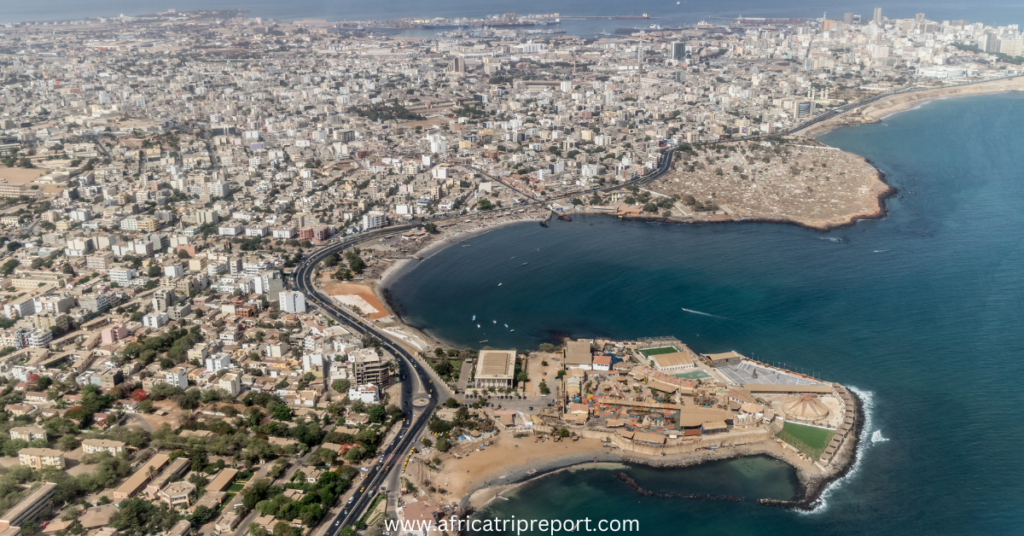
Petty Crime
When it comes to petty crime, Senegal boasts a commendably low rate of robberies and street crimes. Travelers can generally feel safe and secure while exploring this vibrant West African country. To put it into perspective, imagine leaving your bag unattended on the beach as you take a refreshing swim or absentmindedly leaving your phone behind the bar while it charges. More often than not, you’ll return to find your belongings exactly where you left them. While this anecdote serves to highlight the country’s overall safety and the integrity of its people, it’s important to remember that no destination is entirely immune to petty crime, and Senegal is no exception.
In Dakar, the capital city, visitors should be aware of pickpockets who tend to operate during the day in the central area. Popular spots like Place de L’Indépendance and Sandaga Market may attract opportunistic thieves looking for easy targets. It is advisable to remain vigilant and take necessary precautions to safeguard your valuables in these bustling locations. During the night, robberies are more likely to occur along the western Corniche, so it’s prudent to be cautious and exercise additional care during this time.
Health Concerns
Senegal is located in the tropics, and as such, there are certain health risks that travelers should be aware of. Here’s an overview of common health risks in Senegal, tips for preventing illness while traveling, and recommendations for emergency medical care and travel insurance.
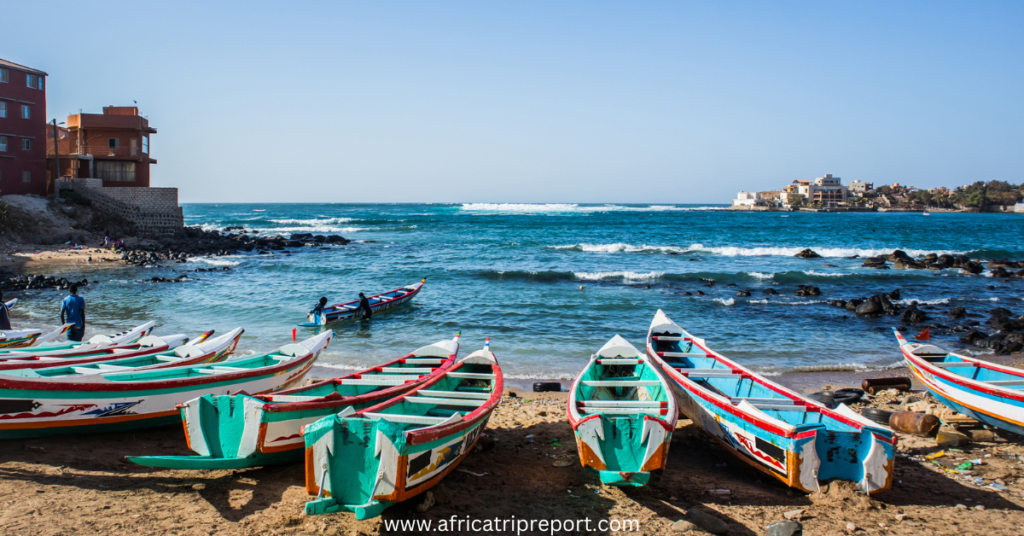
- Common Health Risks: Malaria is a common risk in Senegal, particularly in rural areas. Other diseases to be aware of include yellow fever, dengue fever, and cholera. It’s important to consult with a healthcare provider well in advance of your trip to determine which vaccinations and medications you may need.
- Tips for Preventing Illness: To prevent illness while traveling in Senegal, it’s important to take necessary precautions. This includes using mosquito nets and insect repellent to prevent malaria and other mosquito-borne diseases, avoiding contaminated food and water, and practicing good hygiene (e.g. washing hands regularly).
- Recommendations for Emergency Medical Care: In the event of a medical emergency while in Senegal, it’s important to know where to turn for help. The International SOS clinic in Dakar is a reputable option for emergency medical care. It’s also recommended to have travel insurance that covers medical evacuation, as medical facilities outside of Dakar may be limited.
You can also read Is Senegal Worth Visiting? Discover This Magic Destination
Malaria
As you get ready to travel to Senegal, it’s important to inform yourself about the state of the malaria epidemic. Fortunately, Senegal has lately made great success in combating this sickness, which has resulted in a significant decrease in the number of cases that have been diagnosed. By 2030, malaria is expected to be totally eradicated thanks to the nation’s efforts.
However, not all places in Senegal are at risk from malaria. You may visit well-known tourist destinations like Dakar, Saint-Louis, the Petite-Côte, and the Casamance Atlantic coast without taking malaria prevention medicine. Tourists should feel extremely comfortable there since there has been a significant drop in malaria incidences. However, if you travel to the Southeast or do so during the rainy season, which normally lasts from July to September, you must exercise caution and take the appropriate safety precautions.
Drinking Water
It is recommended to buy bottled water in Senegal if you want to consume it. Although drinking tap water is mostly safe, it’s preferable to use it for other activities instead, such as cooking, washing vegetables, making tea or coffee, and brushing your teeth. If you do unintentionally consume any tap water, don’t be alarmed. The good news is that 1.5 liter water bottles may be found easily. These bottles often sell for 200 to 400 CFA or $0.35 to $0.70.
Is Terrorism A Problem In Senegal?
Although there haven’t been any recent terrorist attacks in Senegal, the threat of terrorism is still a concern in the area. West African nations have recently come under attack from a number of terrorist organizations, including Boko Haram and Al-Qaeda in the Islamic Maghreb (AQIM). Although there hasn’t been a terrorist attack in Senegal recently, it’s necessary to be on guard and aware of the dangers.
Are There Any Areas To Be Avoided?
Travelers are advised to avoid certain areas in Senegal due to safety concerns. The conflict in Casamance is a cause for concern and is historically characterized by clashes between the military and rebel groups. The situation in the region can be unpredictable, with periods of relative calm followed by outbursts of conflict, fueled by mine explosions, direct or indirect attacks, robberies, and assaults on businesses or villages.
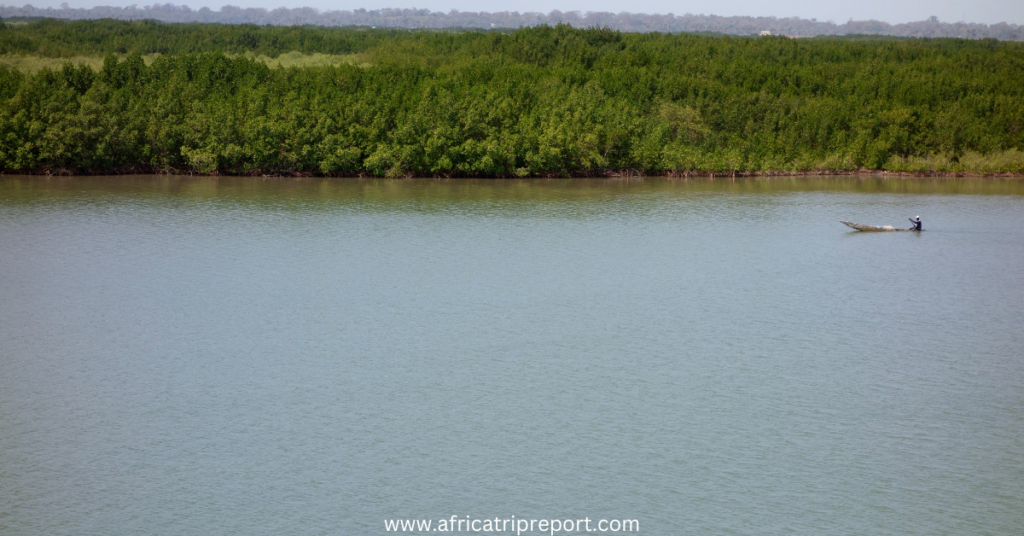
Rebel groups are known to operate sporadically on roads, which are often closed at night, as well as in areas close to the borders with Gambia and Guinea Bissau. In many regions such as North Sindian, Niassya, South Oussouye, and Niaguis, anti-personnel and anti-tank mines, as well as unexploded explosive ordnance, pose a serious risk to travelers.
It is strongly advised to avoid these areas and to only travel during the daytime on main roads. If possible, travel in a convoy and hire reputable carriers or tour operators. Regions close to the borders with Mauritania and Mali, where jihadist groups are known to be active, should be avoided, as they may harbor external elements due to the porosity of the borders.
Read 10 Hidden Beach Paradises in Senegal You Need to Visit
Driving
The roads in Senegal are not the easiest roads you will find, so if you’re thinking about driving there, be aware of this. Driving in cities and towns may be daunting due to the frantic nature of the traffic, which is pushed to its limits by trucks, motorcyclists, horses-drawn carts, taxis, and pedestrians competing for the same amount of space. Even though it happens frequently, you might be surprised to see a cab driving on the sidewalk.
The situation is no less hectic while driving between cities. It is extremely advised that you make such trips throughout the day. Senegal’s roads are frequently in bad shape, and it’s normal to see cars without sufficient lighting, which increases the dangers. The most secure option for travelers who want to travel the nation securely is to take a cab or hire a driver. By doing this, you can unwind and concentrate on taking in the landscape while leaving the driving to a local who is familiar with the particular difficulties of Senegalese roads.

Bottom Line
So, is Senegal safe for tourists? Senegal is a country with a lot to offer tourists, from its vibrant culture to its beautiful landscapes. While there are some safety concerns that travelers should be aware of, taking necessary precautions and being vigilant can go a long way in ensuring a safe and enjoyable trip.
It is important to stay informed about potential risks and to take proactive steps to mitigate them, such as getting the necessary vaccinations and travel insurance, avoiding certain areas, and using reputable carriers and tour operators. With the right preparation and a sense of adventure, travelers can have a wonderful experience exploring all that Senegal has to offer.
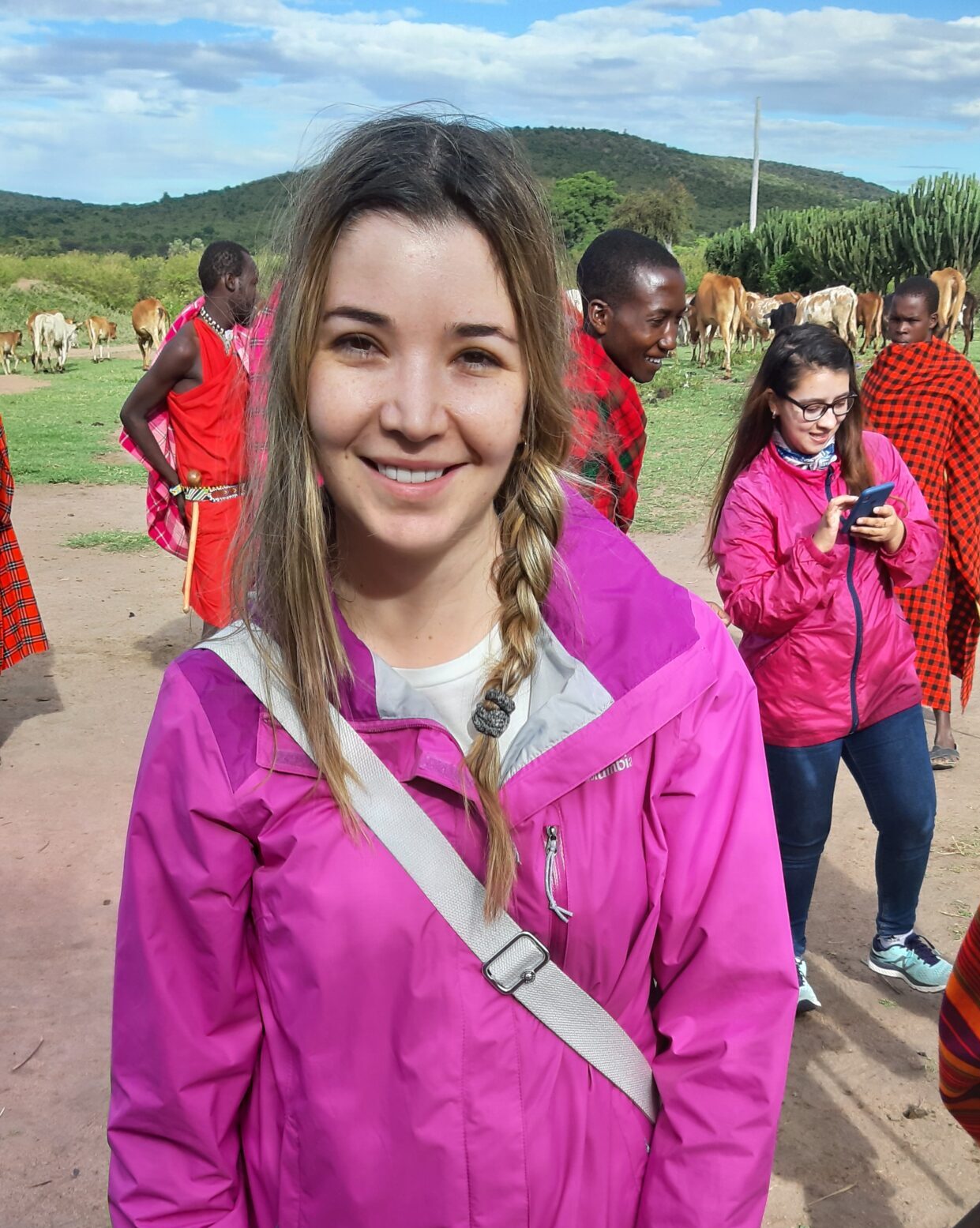
I’m a total Africa enthusiast! I’ve been exploring this amazing continent for years and I can’t get enough of its diverse cultures, stunning landscapes, and incredible wildlife. From hiking through the savannahs to sampling local cuisine, I’m all about immersing myself in everything Africa has to offer. I’m constantly on the lookout for new and exciting experiences, and I love sharing my passion and knowledge with fellow travel lovers. If you’re looking for an adventure like no other, Africa is the place to be, and I’m here to help you make the most of it!




